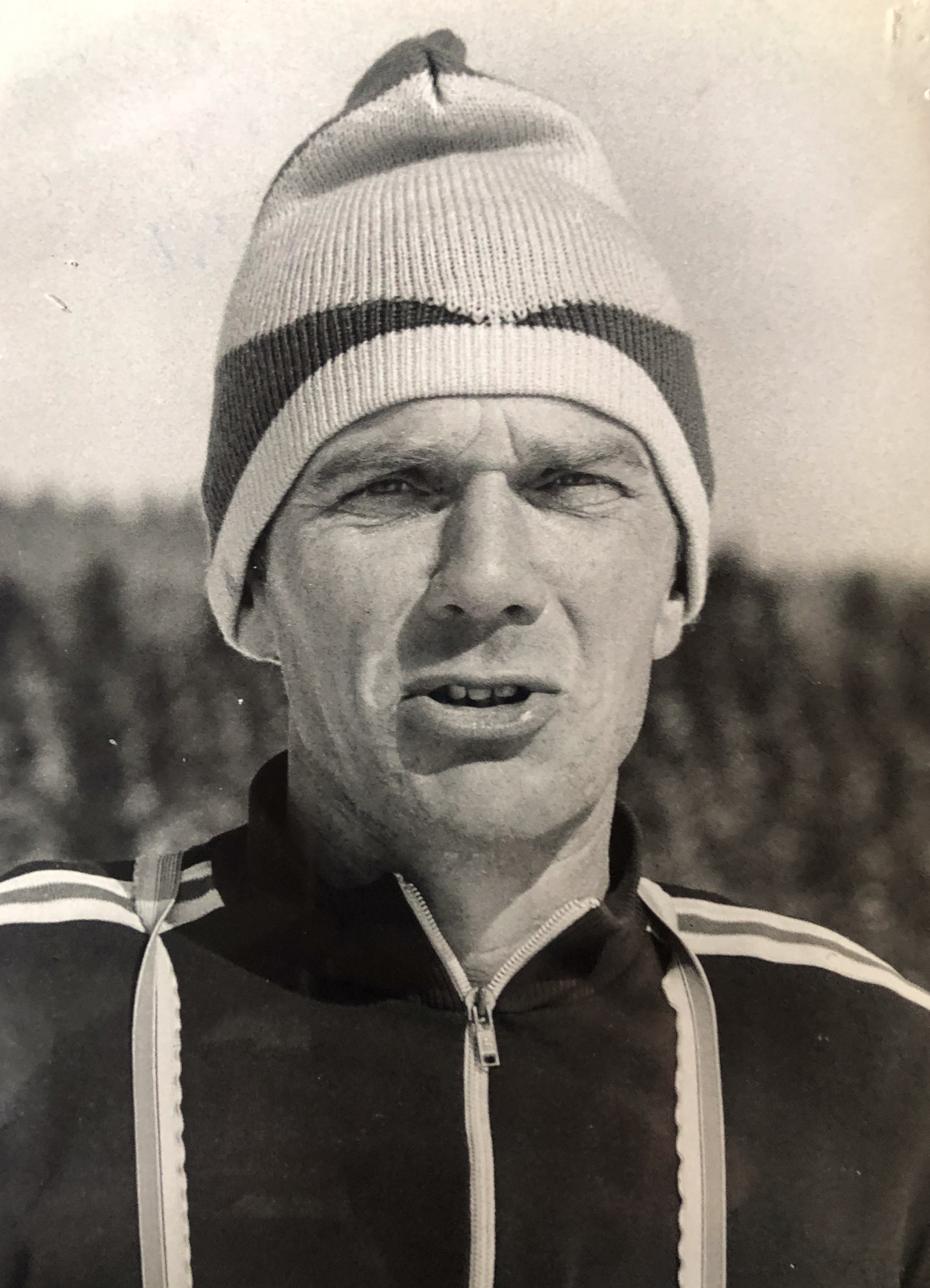My dad was guarding ammunition depots in Norway at the time I was born.

Download image
Karel Vrána was born on 23 May 1942 in Havírna in Paseky nad Jizerou as the third of six children of Jitka and Antonín Vrána. His father was totally deployed in Norway during World War II. After the war the family delivered supplies to the local JZD (Unified Agricilture cooperative). Karel Vrána had been skiing since childhood. He started in the Sokol in Paseky, later he and his brother Josef Vrána joined Spartak in Rokytnice nad Jizerou and competed in shooting sports and gate patrol races for Svazarm Naveta Rokytnice nad Jizerou. Later he started to take up classical biathlon. In August 1968 he witnessed the invasion of Rokytnice nad Jizerou by Warsaw Pact troops. Together with Josef Trojan they founded a ski club and in 1976 a training centre for young biathletes in Jilemnice. He himself won five national championship titles and a master of sport award. He trained as a press setter for Naveta Vilémov, worked for the textile factory Seba and later as an ambulance driver for twenty-three years. In his spare time he trained and raced. Karel Vrána is married, has two sons and lived with his wife in Rokytnice nad Jizerou in the winter of 2024.



































